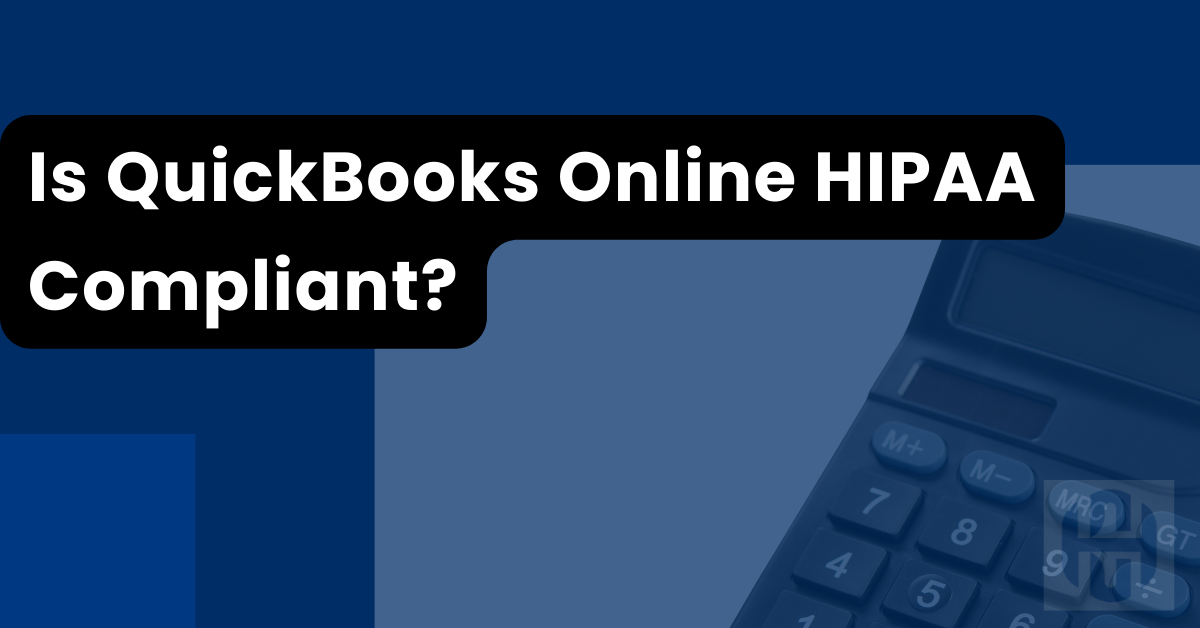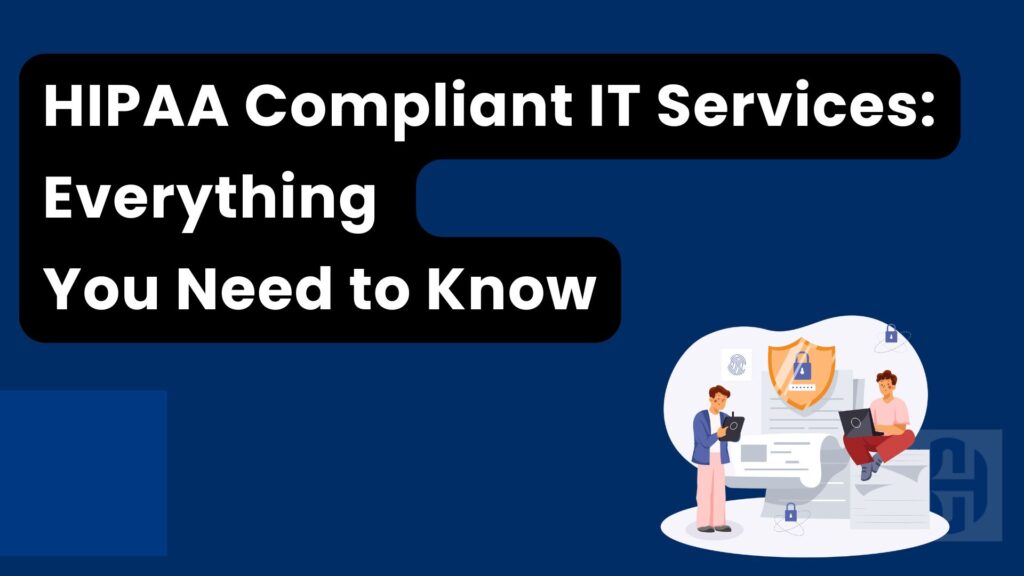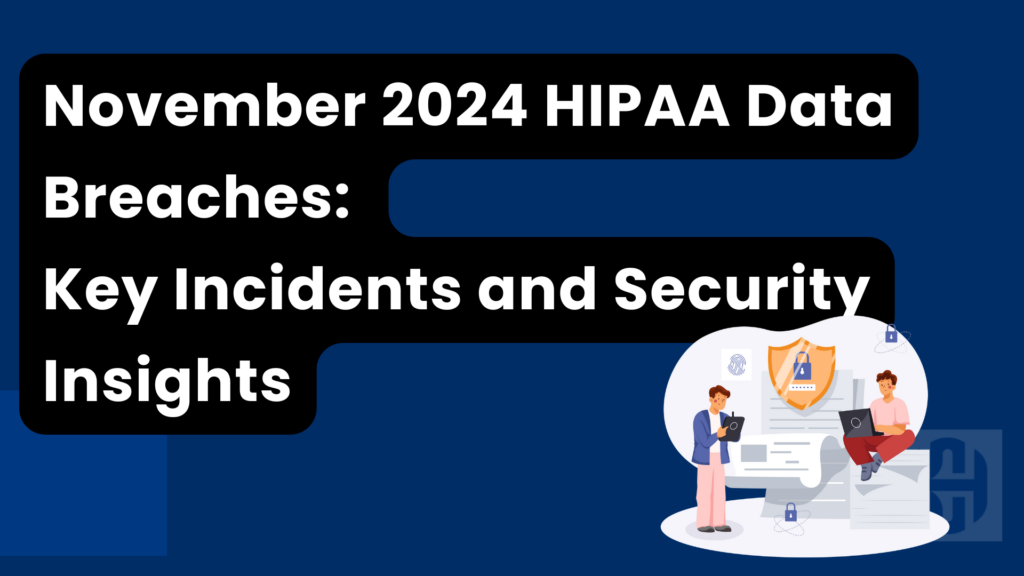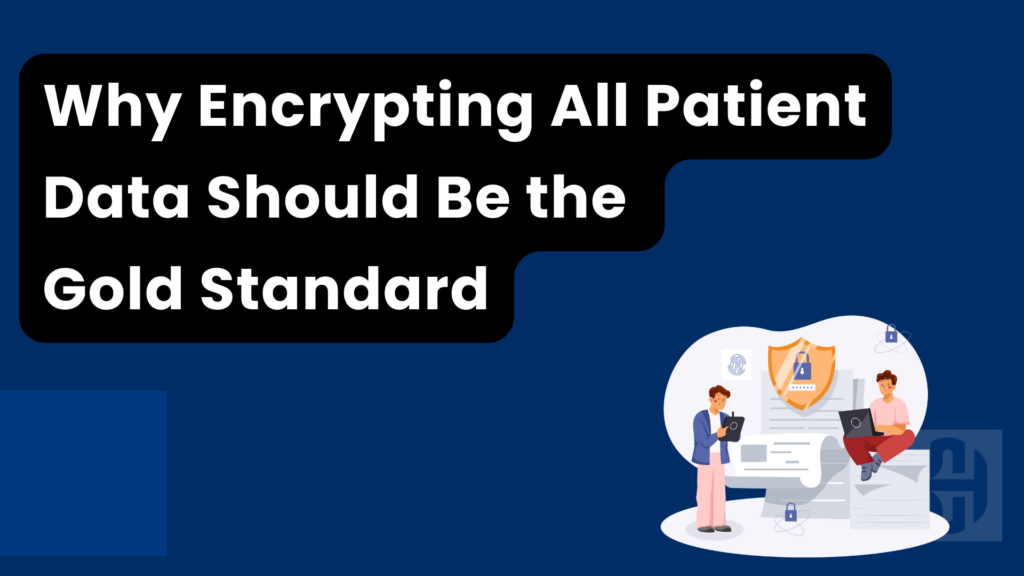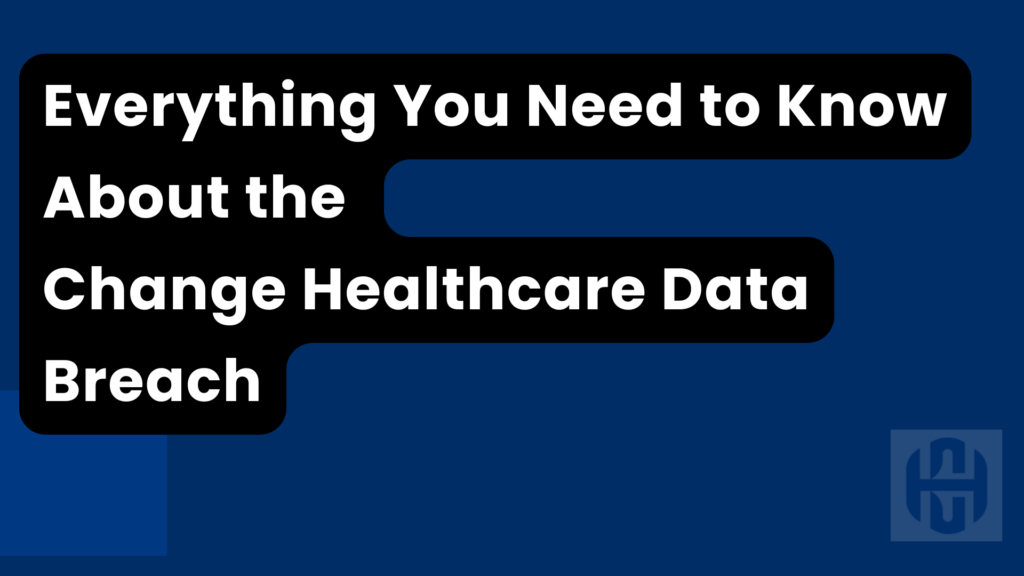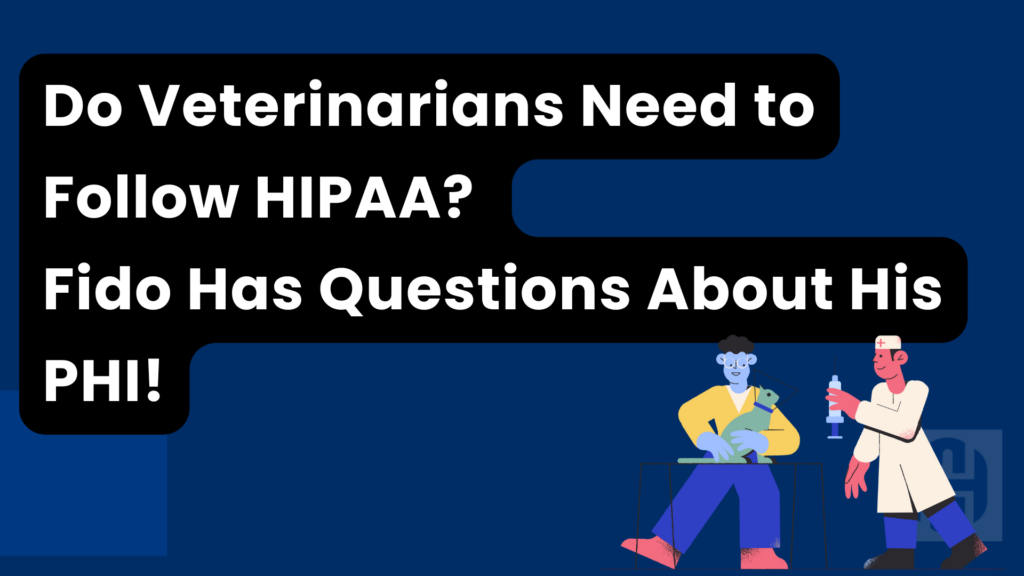Introduction
In today’s digital age, managing finances has become more accessible and efficient with cloud-based accounting solutions like QuickBooks Online. However, for healthcare providers and other entities that handle Protected Health Information (PHI), it’s essential to ensure that these financial management tools comply with the Health Insurance Portability and Accountability Act (HIPAA). HIPAA sets the standard for protecting sensitive patient data, and any software used in conjunction with PHI must meet these stringent requirements. This article explores whether QuickBooks Online can be considered HIPAA compliant and what steps healthcare organizations should take when using such a platform.
Understanding HIPAA Compliance
HIPAA is a federal law enacted in 1996 to protect the privacy and security of health information. It establishes national standards for electronic health care transactions and national identifiers for providers, health insurance plans, and employers. The primary goal of HIPAA is to ensure that individuals’ health information is properly protected while allowing the flow of health information needed to provide high-quality health care and protect public health.
Key Components of HIPAA
- Privacy Rule: Protects the privacy of individually identifiable health information.
- Security Rule: Sets standards for the security of electronic protected health information (ePHI).
- Breach Notification Rule: Requires covered entities to notify affected individuals, the Secretary of Health and Human Services, and, in certain cases, the media of a breach of unsecured PHI.
- Enforcement Rule: Establishes guidelines for investigations into HIPAA compliance and the penalties for violations.
QuickBooks Online Overview
QuickBooks Online is a widely used cloud-based accounting software that helps businesses manage their finances. It offers various features, including invoicing, expense tracking, payroll processing, and financial reporting. QuickBooks Online is designed to simplify financial management for small to medium-sized businesses across various industries.
The Intersection of HIPAA and Financial Management
When it comes to healthcare providers, financial management is intertwined with handling PHI. For instance, patient billing, claims processing, and financial reporting often involve access to and storage of PHI. Therefore, any financial management software used in a healthcare setting must comply with HIPAA regulations to ensure the confidentiality, integrity, and security of PHI.
Evaluating QuickBooks Online for HIPAA Compliance
To determine if QuickBooks Online is HIPAA compliant, we need to evaluate the platform against HIPAA’s key requirements, specifically the Security Rule, which mandates administrative, physical, and technical safeguards to protect ePHI.
1. Administrative Safeguards
These are policies and procedures designed to manage the selection, development, implementation, and maintenance of security measures to protect ePHI.
- Risk Analysis and Management: QuickBooks Online users need to conduct a thorough risk analysis to identify potential vulnerabilities in how ePHI is handled and implement measures to mitigate those risks.
- Workforce Training and Management: Healthcare organizations using QuickBooks Online must ensure that their staff is adequately trained on HIPAA compliance and the proper use of the software.
- Contingency Planning: It’s essential to have contingency plans in place, such as data backup and disaster recovery plans, to ensure the availability and integrity of ePHI.
2. Physical Safeguards
These measures are designed to protect electronic information systems and related buildings and equipment from natural and environmental hazards, as well as unauthorized intrusion.
- Facility Access Controls: Since QuickBooks Online is a cloud-based service, physical access controls are primarily the responsibility of Intuit, the parent company of QuickBooks. Intuit must ensure that its data centers are secure and compliant with HIPAA’s physical safeguard requirements.
- Workstation Use and Security: Healthcare organizations must implement policies regarding the proper use of workstations that access QuickBooks Online to prevent unauthorized access to ePHI.
- Device and Media Controls: This involves controlling the movement and disposal of devices and electronic media that contain ePHI. QuickBooks Online users must ensure that any devices used to access the platform are secure.
3. Technical Safeguards
Technical safeguards involve technology and the policy and procedures for its use that protect ePHI and control access to it.
- Access Control: QuickBooks Online should have mechanisms to ensure that only authorized individuals have access to ePHI. This includes unique user identification, emergency access procedures, automatic logoff, and encryption and decryption.
- Audit Controls: The platform should have the capability to record and examine activity in information systems that contain or use ePHI.
- Integrity Controls: QuickBooks Online must have measures in place to protect ePHI from improper alteration or destruction.
- Transmission Security: The software must ensure that ePHI is protected when transmitted over electronic communications networks.
Business Associate Agreement (BAA)
One of the critical aspects of HIPAA compliance is the Business Associate Agreement (BAA). A BAA is a contract between a HIPAA-covered entity and a business associate that handles PHI. The BAA ensures that the business associate will appropriately safeguard the PHI.
For QuickBooks Online to be considered HIPAA compliant, Intuit must be willing to sign a BAA with healthcare organizations. As of the current knowledge cutoff in July 2023, Intuit does not sign BAAs for QuickBooks Online. This lack of a BAA means that QuickBooks Online, in its standard offering, cannot be used in a HIPAA-compliant manner because it does not meet all the requirements for handling ePHI.
Steps for Healthcare Organizations
Given that QuickBooks Online does not sign BAAs, healthcare organizations must consider alternative solutions or additional measures to ensure HIPAA compliance:
- Use HIPAA-Compliant Alternatives: Consider using accounting software specifically designed for healthcare that offers HIPAA compliance and signs BAAs.
- Segregate Financial and PHI Data: If QuickBooks Online must be used, ensure that no PHI is entered into the platform. This may involve segregating financial data from patient data to avoid any HIPAA compliance issues.
- Additional Security Measures: Implement additional security measures such as encryption, access controls, and regular audits to protect any sensitive information.
- Consult HIPAA Certify: Work with HIPAA Certify to ensure that all aspects of HIPAA are covered when using any financial management software.
Conclusion
While QuickBooks Online is a powerful tool for managing finances, it does not currently meet HIPAA compliance requirements due to its inability to sign a Business Associate Agreement. Healthcare organizations must take this into consideration and explore alternative solutions or additional safeguards to protect PHI. Ensuring HIPAA compliance is crucial for maintaining patient trust and avoiding hefty fines and legal issues. Always stay informed about the latest updates and best practices for managing sensitive health information in accordance with HIPAA regulations.
